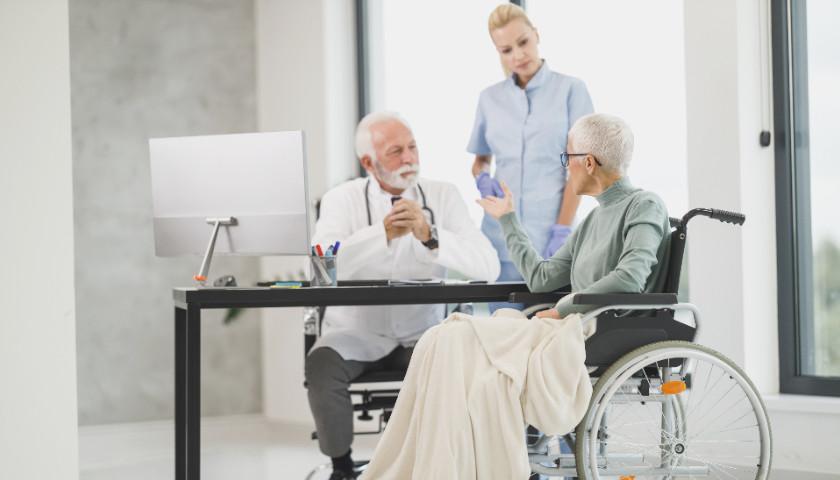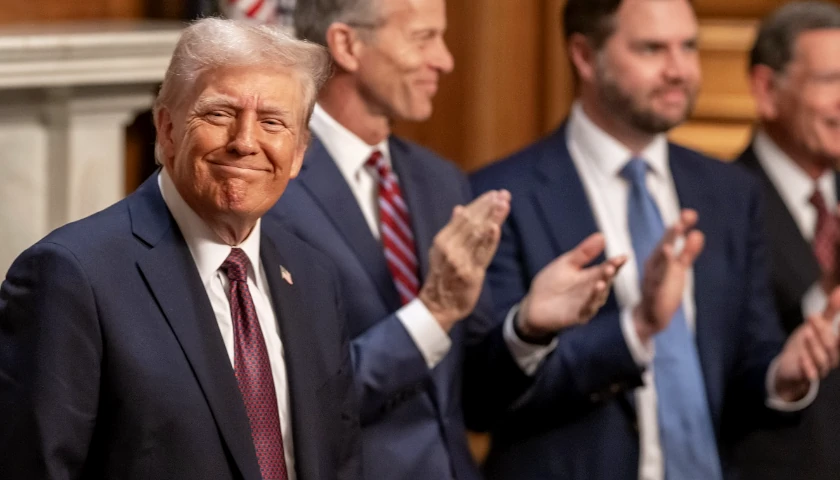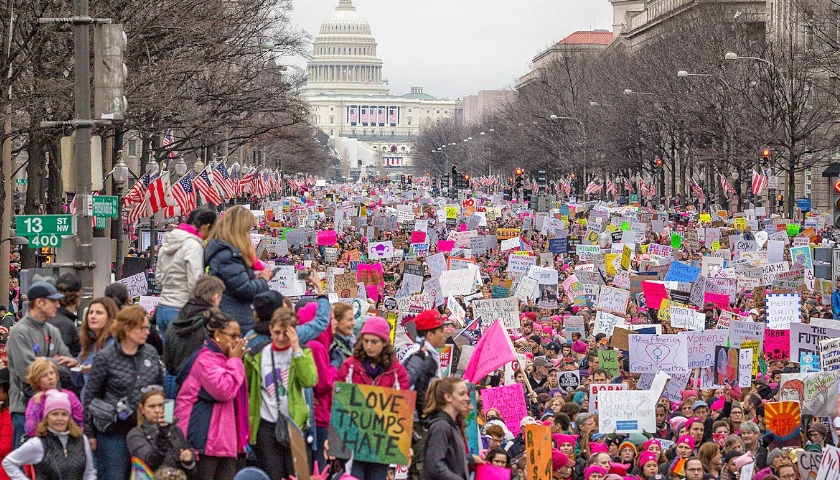by Debra Heine
A stunning 50-state survey of U.S. adults has found that trust in physicians and hospitals collapsed during the COVID-19 pandemic, going from from 71.5 percent in April 2020 to 40.1 percent in January 2024.
Roy H. Perlis, MD, MS, Katherine Ognyanova PhD, and Ata Uslu, MS, researchers from the Center for Quantitative Health, Massachusetts General Hospital, Rutgers University, and Northeastern University, surveyed 443 455 individuals in every sociodemographic group aged 18 years or older residing in the US.
The study, published in Jama Network, found that respondents with lowest levels of trust were less likely to have been vaccinated or received boosters for COVID-19 during the pandemic, or to have received the flu vaccine.
Factors associated with lower trust as of the spring and summer of 2023 included being 25 to 64 years of age, female, lower educational level, lower income, Black race, and living in a rural setting. “These associations persisted even after controlling for partisanship,” the researchers said.
Perlis and his team said the lower trust levels were also linked to “increasing politicization of public health policies during the COVID-19 pandemic.”
And because “trust in physicians and hospitals has been associated with achieving public health goals,” the authors concluded that the persistent lack of trust in physicians and hospitals “may necessitate strategies to rebuild that trust to achieve public health priorities.”
The researchers asked why respondents had low levels of trust and in very general terms said those with lowest levels of trust cited “financial motives over patient care (35 percent), poor quality of care and negligence (27.5 percent), influence of external entities and agendas (13.5 percent), and discrimination and bias (4.5 percent).”
Other possible reasons for the breakdown in trust during the pandemic, not cited in the study, could include the fact that public health authorities lied about the safety and efficacy of the COVID shots, suppressed alternative treatments, and worked with social media companies to censor alternative views. Also, the Biden regime’s decision to mandate the experimental COVID products despite their unacceptably high adverse event rates, and scapegoat the unvaccinated, may well have contributed to the unfortunate “politicization of public health policies” during the pandemic.
Perlis told MedPage Today the results of the survey “surprised” his team of researchers.
“We were surprised by the magnitude of the shift,” he said. “I think early in the pandemic trust likely increased above pre-pandemic levels, but it certainly came way down over the course of the pandemic.”
“One of the most important parts of the study involved actually asking people why they indicated low levels of trust, in their own words,” Perlis said. “What we found was that there were a number of common themes — but not all the same theme. Understanding that people develop mistrust of doctors and hospitals for multiple reasons is critical if we are to find a way to communicate with those people who have low trust.”
“We as physicians and public health officials can talk until we’re blue in the face about things like vaccination and other public health behaviors,” Perlis continued. “But if people don’t trust us, it doesn’t matter — we’re talking to ourselves.”
Perlis added that the collapse in trust in the medical establishment “could have long-lasting implications for public health in the U.S.”
– – –
Debra Heine is a reporter for American Greatness.



